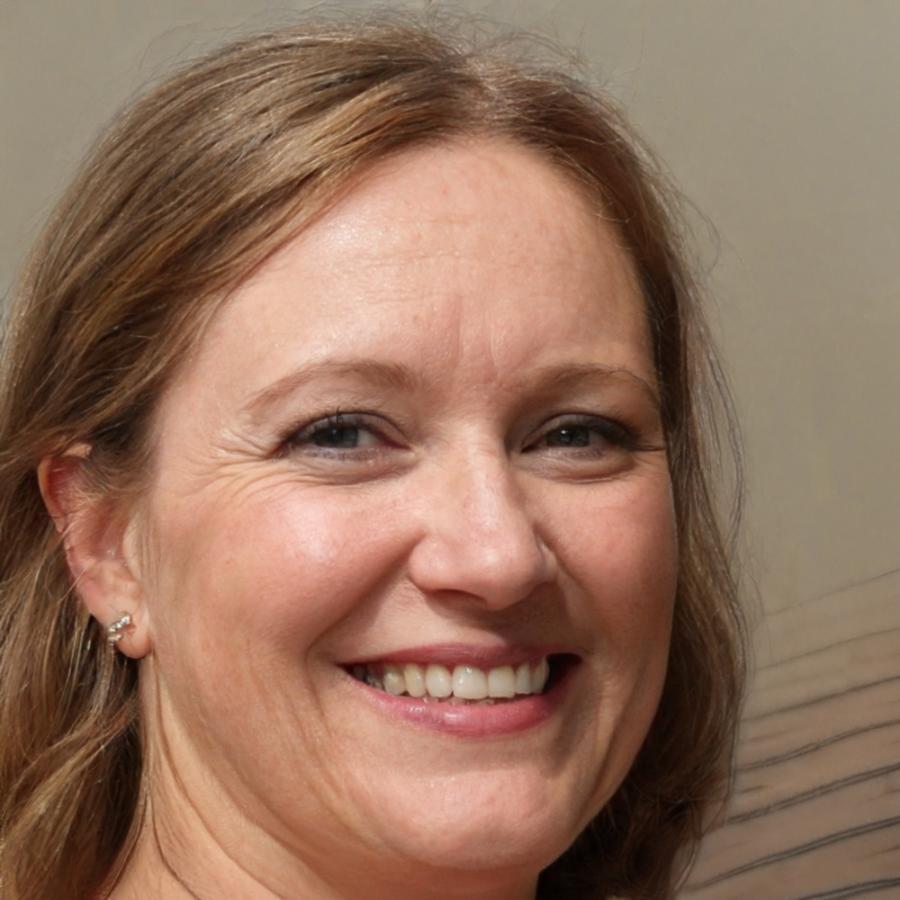Master Rolling Budget Techniques That Actually Work
Stop wrestling with spreadsheets that break every month. Our comprehensive approach teaches you flexible budgeting methods that adapt to real life – because your finances shouldn't be rigid when your income isn't.
Explore Programs
Three Approaches to Budget Management
Traditional budgeting often fails because life doesn't fit into neat categories. Here's how different methods stack up when dealing with variable income and unexpected expenses.
Static Budgeting
Fixed categories and amounts work well for predictable income streams but struggle with seasonal variations or irregular expenses. Best for steady salary earners.
Rolling Budget
Continuously updated forecasts that adjust based on actual performance. Perfect for freelancers, business owners, and anyone with variable income patterns.
Zero-Based
Every expense must be justified from scratch each period. Thorough but time-intensive approach that works well for cost-cutting phases.
Your Learning Journey
Foundation Building (Weeks 1-4)
Start with understanding cash flow patterns and identifying your unique financial rhythm. We'll analyze your current system and build a framework that matches how money actually moves through your life.
Advanced Forecasting (Weeks 5-8)
Learn to predict seasonal trends, plan for irregular expenses, and create buffers that work. You'll develop skills in scenario planning and building flexibility into your financial projections.
Implementation & Refinement (Weeks 9-12)
Put your new system into practice with ongoing support. We'll troubleshoot common challenges and help you fine-tune your approach based on real-world results.
Long-term Mastery (Ongoing)
Access to quarterly check-ins and updated materials as economic conditions change. Your budget system should evolve with your life circumstances and goals.
Common Questions About Rolling Budgets
Meet Your Instructors
Learn from professionals who've helped hundreds of Australians take control of their finances through practical, tested methods.

Marcus Chen
Senior Budget Strategist
Former corporate treasurer who transitioned to teaching practical finance skills. Marcus specializes in helping people with variable income create sustainable budget systems. He's worked with over 300 freelancers and small business owners across Melbourne.

Sarah Melbourne
Financial Education Specialist
Started her career in banking before focusing on education. Sarah brings 12 years of experience helping families navigate financial challenges. She's passionate about making complex financial concepts accessible to everyone.